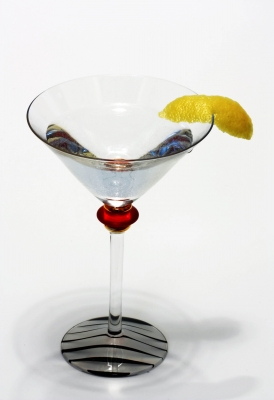Depending in what type of parent you are, it may or may not scare you when your teenager binge drinks. Some parents think it’s not a huge deal if their teen comes home drunk because “Kids experiment at this age.” Some parents even go to the extent of allowing their adolescents to drink with friends at their own house while parents are home “because at least then none of them are driving and there’s an adult around. They’re going to do it anyway. Now I know they’re safe.” Other parents are extremely upset if their teenager binge drinks, or drinks at all. They take away everything and ground their child for 3 months.
While there is not a one size fits all way to handle it if and when your teenager tries alcohol, there has to be some combination of understanding and consequences. However, if your teenager is frequently binge drinking, you might have a budding addiction on your hands; that needs to be dealt with in an entirely different manner than the teenager who gets drunk a couple times per year with friends.
One of the many jobs you have as a parent is to teach your child how to responsibly handle alcohol. Like it or not, it’s a huge part of our society. It seems like many teens think alcohol is something that exists to create a buzz or get drunk; this is a problem. It’s important to talk with your children about how adults can have a social drink or two, plan carefully for who will drive, and to understand the risks associated with overuse of alcohol. If you model appropriate use of alcohol in front of your teens, and keep the conversation open, you will have a lot to do with how they view alcohol. If you say nothing, then their other adolescent friends will teach them about alcohol… Some of you have a long family history of alcoholism. It may make sense for you to teach your child to avoid alcohol completely. In either case, adolescents need to know the why behind everything you’re teaching them, so explain, explain, explain.
A common definition of binge drinking is four or more drinks per sitting for females, and five or more for males. Binge drinking is linked to much higher incidences of alcohol dependence, car accidents, the spread of sexually transmitted diseases, etc.
This is scary information. Teens really don’t know what they’re getting into when they abuse alcohol. They tend to think everything will be fine. They also are not always likely to seek out help for someone who might have alcohol poisoning. They worry about getting into trouble so they don’t call a parent or 9-1-1. Please talk to your kids about this as well. What do you think about giving them immunity in the situations where they seek out help for someone who might be alcohol poisoned? Usually that means your teenager wasn’t where they said they’d be because it’s unlikely you’d have given them permission to be around other teens who are getting drunk.
Teen partying is here to stay. It’s been around since our parents were kids, and it will be an issue when our grandkids are teenagers. Keep the communication lines open with your teenager. Walk the line between applying consequences for their bad behavior and being understanding very carefully so they feel emotionally safe to keep telling you the truth. Teach them how to handle alcohol appropriately. Get help from a family member, a friend or a counselor if you are struggling with alcohol yourself. Approximately 10% of the American adult population struggles with alcohol in some way or the other. Admitting this and seeking help will benefit your children who are watching everything you do in more ways than you can imagine.
Helping teens grow and families improve connection,
Lauren Goodman, MS, MFT




